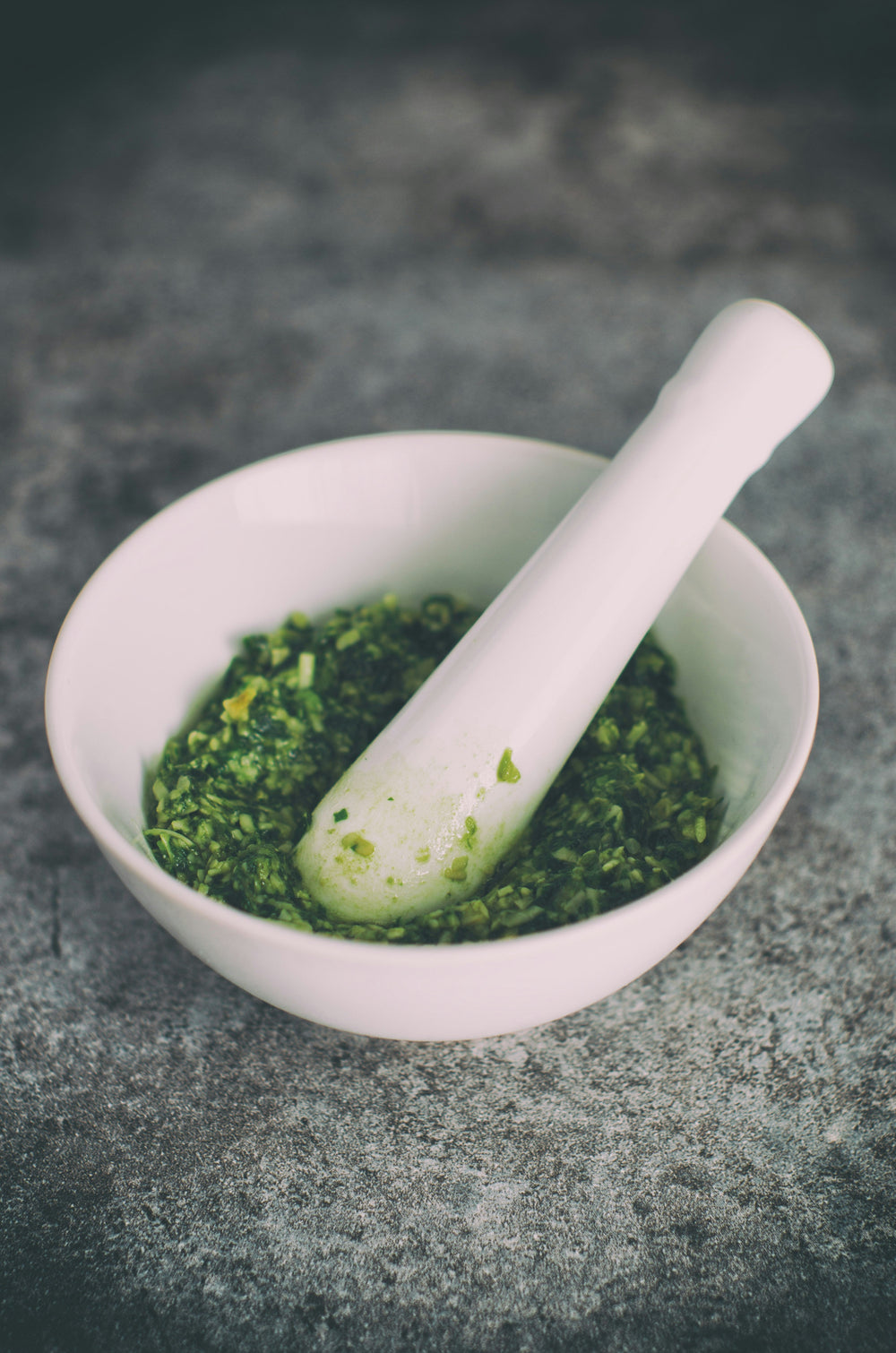the gut-skin axis: how gut health impacts eczema
The Gut-Skin Axis: How Gut Health Impacts Eczema Your gut and skin are more connected than you might think. Emerging research shows that poor gut health can trigger or worsen skin conditions like eczema by driving inflammation and over-activating the immune system. This powerful connection, known as the gut-skin axis, highlights how closely the health of your microbiome affects both digestion and skin barrier function. How Gut Health Affects Skin Conditions Like Eczema A healthy gut microbiome helps regulate immune responses and supports the skin’s natural defences. When gut bacteria become imbalanced (a condition known as dysbiosis), the intestinal lining can weaken. This leads to increased gut permeability (commonly called leaky gut) which allows toxins and inflammatory molecules to leak into the bloodstream, triggering immune reactions that may contribute to eczema flare-ups and other inflammatory skin conditions. The Microbiome’s Role in Eczema and Skin Inflammation People living with eczema often have disrupted gut microbiota. Studies show they tend to have lower levels of beneficial bacteria such as Lactobacillus and Bifidobacterium, and higher levels of pro-inflammatory strains like Bacteroides and Clostridium perfringens. This imbalance may reduce the production of short-chain fatty acids (SCFAs), which are vital for gut and immune health and without them, inflammation can intensify, affecting the skin. Zinc: A Key Nutrient for Gut and Skin Health Zinc plays a crucial role in supporting the gut lining and promoting skin healing. Deficiencies in this essential mineral are often linked to gut inflammation, poor wound repair, and worsened skin conditions - including eczema. Ensuring adequate zinc intake may support a healthier microbiome and stronger skin barrier. Common Signs of Leaky Gut in Eczema Sufferers Persistent inflammation and skin flare-ups Food sensitivities and digestive issues Worsening eczema symptoms after eating dairy, gluten, or processed foods Fatigue, low mood, or brain fog...

The Gut-Skin Axis: How Gut Health Impacts Eczema
Your gut and skin are more connected than you might think. Emerging research shows that poor gut health can trigger or worsen skin conditions like eczema by driving inflammation and over-activating the immune system. This powerful connection, known as the gut-skin axis, highlights how closely the health of your microbiome affects both digestion and skin barrier function.
How Gut Health Affects Skin Conditions Like Eczema
A healthy gut microbiome helps regulate immune responses and supports the skin’s natural defences. When gut bacteria become imbalanced (a condition known as dysbiosis), the intestinal lining can weaken. This leads to increased gut permeability (commonly called leaky gut) which allows toxins and inflammatory molecules to leak into the bloodstream, triggering immune reactions that may contribute to eczema flare-ups and other inflammatory skin conditions.
The Microbiome’s Role in Eczema and Skin Inflammation
People living with eczema often have disrupted gut microbiota. Studies show they tend to have lower levels of beneficial bacteria such as Lactobacillus and Bifidobacterium, and higher levels of pro-inflammatory strains like Bacteroides and Clostridium perfringens. This imbalance may reduce the production of short-chain fatty acids (SCFAs), which are vital for gut and immune health and without them, inflammation can intensify, affecting the skin.
Zinc: A Key Nutrient for Gut and Skin Health
Zinc plays a crucial role in supporting the gut lining and promoting skin healing. Deficiencies in this essential mineral are often linked to gut inflammation, poor wound repair, and worsened skin conditions - including eczema. Ensuring adequate zinc intake may support a healthier microbiome and stronger skin barrier.
Common Signs of Leaky Gut in Eczema Sufferers
- Persistent inflammation and skin flare-ups
- Food sensitivities and digestive issues
- Worsening eczema symptoms after eating dairy, gluten, or processed foods
- Fatigue, low mood, or brain fog linked to systemic inflammation
How to Support Your Gut for Healthier Skin
1. Prioritise gut-friendly foods
Cut back on inflammatory triggers like gluten, dairy, and refined sugar. Instead, opt for gut-healing foods such as bone broth, fermented vegetables, and prebiotic-rich fruit and veg.
2. Support your microbiome with probiotics
Taking high-quality probiotics and eating fibre-rich foods can help restore microbial balance and improve both gut and skin health.
3. Add anti-inflammatory nutrients
Natural compounds like curcumin (from turmeric) and L-glutamine are commonly used to support the gut lining and reduce inflammation that can aggravate eczema.
4. Manage stress effectively
The gut-brain-skin axis is sensitive to emotional stress. Practices like yoga, breathwork, and meditation can help reduce stress-related flare-ups.
5. Stay hydrated and prioritise sleep
Drinking enough water and getting quality sleep each night allows both your gut and skin to repair, naturally reducing inflammation and improving resilience.
Clearer Skin Starts in the Gut
If you’re struggling with eczema or frequent skin flare-ups, it may be time to look deeper - at your gut. By improving gut health through targeted nutrition, supplements, and lifestyle changes, you can reduce inflammation at its root and support lasting skin health. Always speak with a healthcare professional before starting a new regimen for chronic conditions.
Soft, satisfying, and subtly sweet—these breakfast cookies are made to fuel your morning the right way. With fibre-rich oats, plant-based protein, and antioxidant-packed matcha, they’re a gut-friendly grab-and-go option that doesn’t compromise on flavour or function.
Emily's light, gut-friendly crêpes are the perfect balance of fibre, protein, and healthy fats to support digestion and keep you feeling great.
Start your day with a delicious and nutritious breakfast option - Carrot Cake Oats. Filled with fibre diversity to promote healthy digestion.














